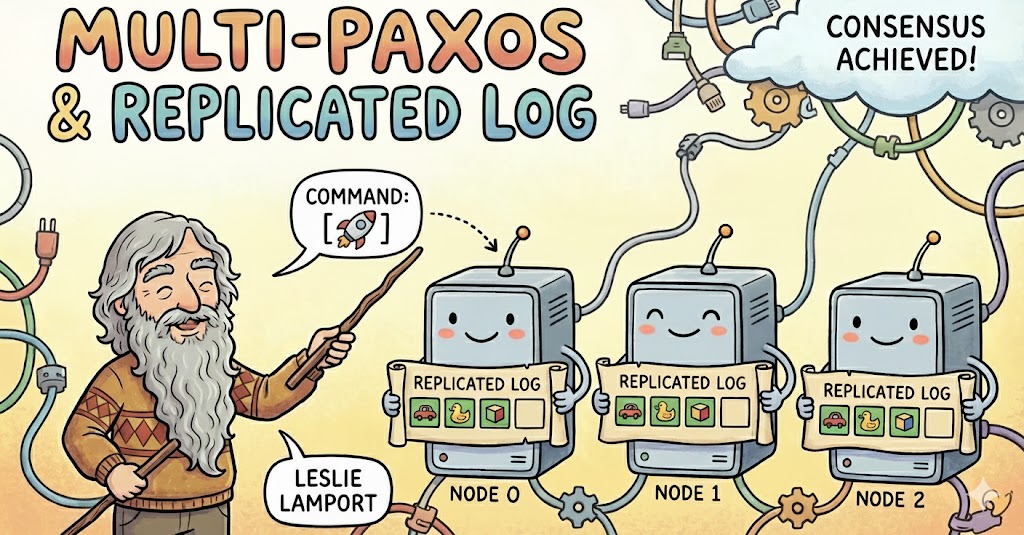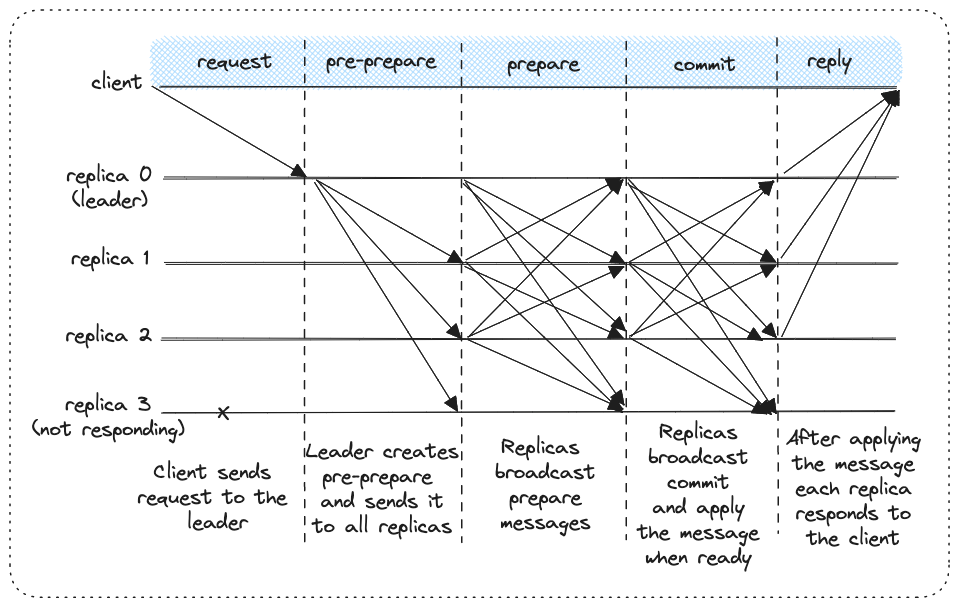PaxosLease: Extending and Releasing Leases
Marton Trencseni - Mon 15 December 2025 • Tagged with lamport, paxos, paxoslease, lease, distributed, python, flask
This article extends the basic PaxosLease algorithm with practical lease renewal and explicit release semantics, showing a full working Python/Flask implementation and explaining why the protocol remains safe without disks or synchronized clocks.










